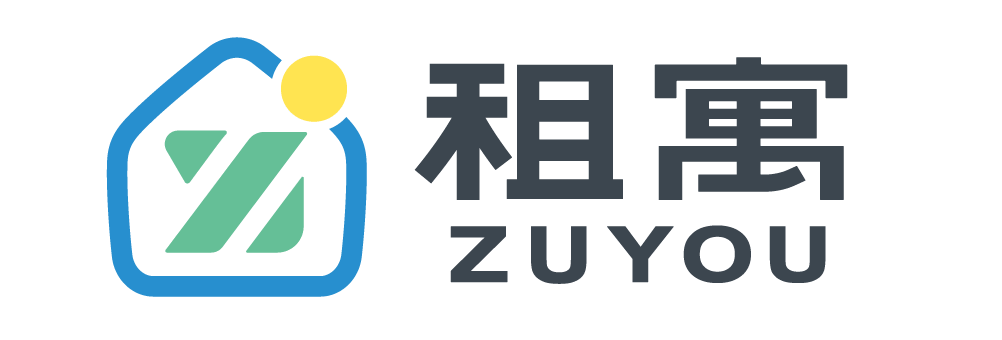Renting in Taiwan can often be a perplexing and challenging experience for expats. As a residential property management firm operating in Taiwan, Zuyou has successfully accommodated over 1000 expats since 2015.
Leveraging our extensive experience, we aim to assist other expats in their search for apartments in Taiwan. To this end, we have developed a simple guide, designed to help individuals sidestep common pitfalls and ensure a smooth and enjoyable apartment rental experience in Taiwan.
1. Specifications
·Taiwan uses Ping (坪), not square meters.
A ping is equivalent to 3.3 square meters or 35.5 square feet. Most rental postings you will find uses this measurement.
·The size you see on most platform is defined as its gross size.
Encompassing not only the internal living space of the apartment but also any shared spaces in the building accessible to residents. This includes areas such as the lobby, elevator zone, rooftop, fitness center, and swimming pool. The term net size (實坪) is used to describe the total area of the apartment itself, including balconies. Additionally, in certain instances, the parking space may also be factored into the gross size measurement.
2. Utilities
·Gas
Natural gas in Taiwan is mainly used for residential heating and cooking in two forms:
·Piped natural gas: Common in urban areas, it provides convenient and cost-effective access to gas directly in buildings. Bills come bi-monthly.
·Natural gas tanks: Used where piped gas isn’t available, requiring the purchase and storage of individual tanks, which can be more costly and space-consuming. Normally 2 people will consume a tank in a month. When dried, it can be replaced by calling the number on the tank, and someone will show up with a new one. You will need a mandarin speaker to help with this process.
Finding a location with piped gas is usually desirable because refilling a tank can be inconvenient and takes up space, especially in winter when you are showering, and the tank dried up. Gas bill is roughly $200~$500NT monthly per person. Differ mainly by the season.
·Electricity
Renters typically encounter two methods for electricity billing: independent meters or Taipower meters.
- Taipower meters: Taipower, the state-run power company, issues bill bi-monthly, providing a more accurate and legitimate method of electricity billing. Every (legal) house has this kind of meter. This method ensures tenants are only charged for their actual electricity usage. The downside is that it is billed by house, so if you are living in a shared house, it will be difficult to fairly share the cost.
- Independent meters: This is installed by the landlord mostly in a share house to fairly share the electricity cost. Landlords typically charges 5~6 NT per KWT hour, which is slightly higher than Taipower rate. However, the fee also normally includes the fee of water, internet and building management.
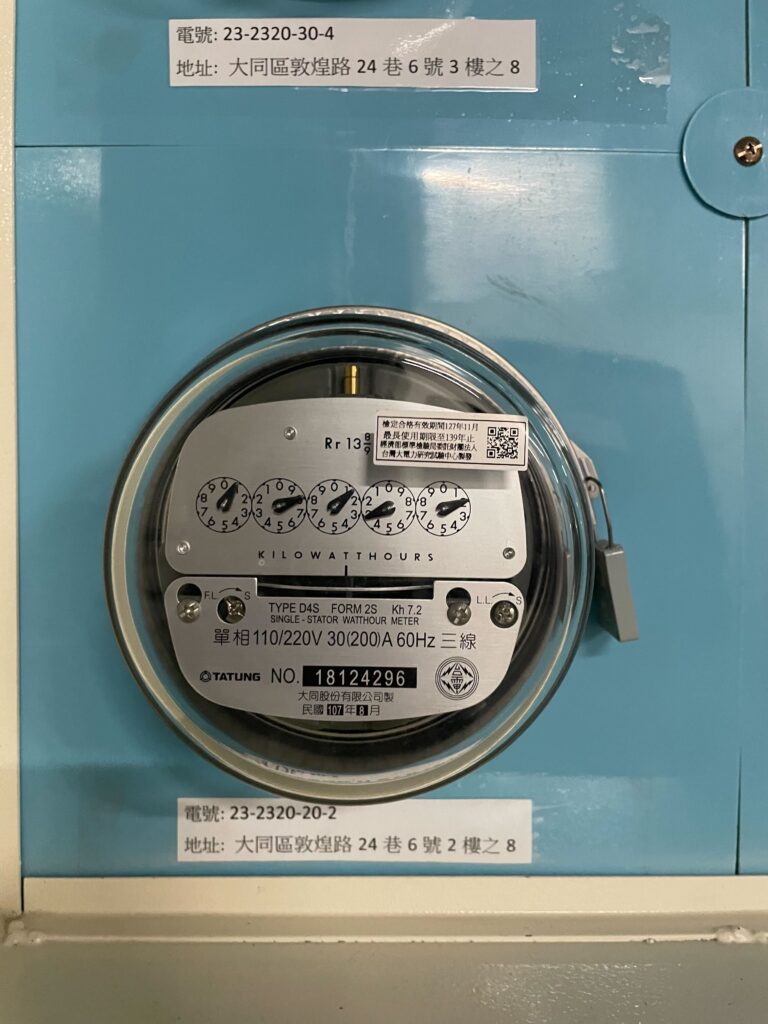
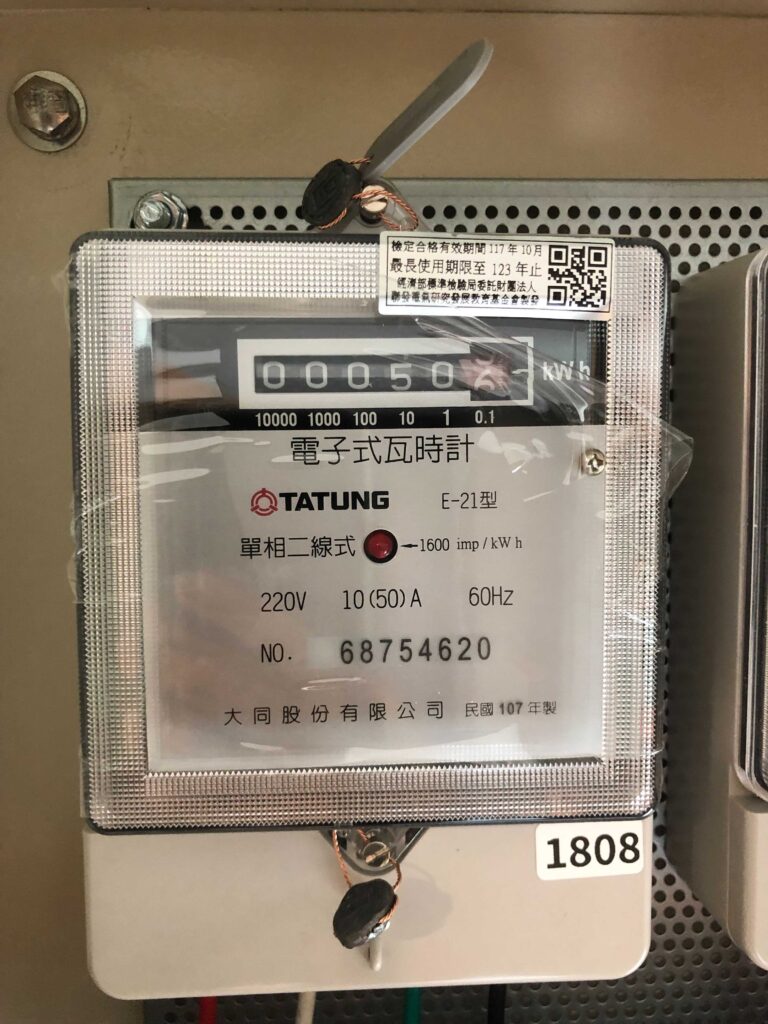
Electricity fee can be wildly different month to month. It depends mostly on the AC usage. Ranging around $500~$1500NT monthly per person.
·Water
Tap water is generally not considered safe for direct consumption, it’s advisable to either filter or boil it before drinking, or alternatively, use bottled water. The water quality in Taipei is relatively better, requiring minimal filtration, whereas in rural areas, the water quality can be inconsistent.
Water bill would be about $100~$250NT monthly per person. Bills come bi-monthly.
·Internet
Most shared housing or apartments with independent meters in Taiwan typically come with pre-installed internet, often included in the rent or electricity fee by the meter. If you need to apply a broadband installation yourself, major providers like Chung Hwa Telecom (CHT), Taiwan Mobile, and Far Eastone offer various plans. Normally plans below $1500NT should be sufficient.
If you want to avoid the hassle, using a mobile SIM card with unlimited internet will be an easier alternative. These can also be bought by the providers mentioned above.
·Building management fees
Buildings with guards, elevators or trash disposal area will have this fee that should be paid monthly. The amount varies normally by how well the building is maintained and how big your house is. This might increase your spending, but with the extra maintenance, your life could be much easier.
Fee is normally around $50~$120NT per ping.
3. Renting in Taiwan Housing Norms
·Garbage
When compared to western nations, Taiwan’s recycling and garbage system may operate differently. Some apartments in Taiwan are equipped with their own garbage disposal facilities in the basement, others will have track the trash truck schedule, which residents can only throw their garbage at the specific place and time weekly. The yellow garbage truck itself is an interesting site in Taiwan and sometimes reported on international news, with the classic Beethoven’s “Für Elise.” broadcasting around the neighborhood to remind you the truck is near.
Just so you know what to expect: https://www.youtube.com/watch?v=T8G45uCa0Ic&ab_channel=mrgstudio
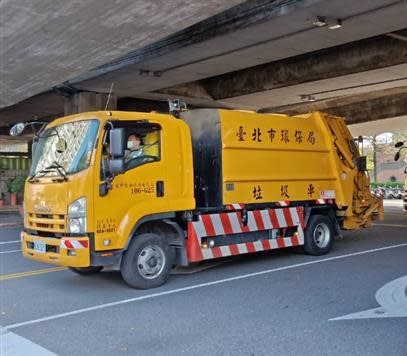
·Fourth floors
The number four is often associated with bad luck because it sounds similar to the word for death. As a result, some buildings may skip the fourth floor, numbering floors directly from three to five. However, this superstition does not prevent many Taiwanese people from residing on the fourth floor in buildings where it does exist.
·Taiwanese buildings don’t have internal heating or carpets
Taiwanese apartments typically don’t have internal heating or carpets due to the mild winters, which are cooler in the north from December to March but seldom freezing. For warmth, residents might use newer air conditioning units with a heating function or buy portable heaters. Floors are usually tiled or wooden, suiting the warm summers but can feel very cold in winter, leading some to use rugs for comfort.
·Shoes are taken off when visiting a Taiwanese household
This is a well-known trait in most Asian household, though sometimes if you are visiting a rental place with little care, this is not necessary. Simply ask the landlord or agent before stepping in would be enough.
·“Allow to cook” does not mean kitchen provided
You might see some house renting posts label their place to be “allowed to cook”, but the kitchen is nowhere to be found in the picture. This only means that you could cook with an portable cooker.
·Humidity
Taiwan is very humid, especially in the north. This accelerates mold growth, affecting not just food but also items like books, clothes, and leather shoes. It’s common to find mold on the walls or ceilings of older apartments. To prevent mold, it’s important to reduce indoor humidity, either by regularly using air conditioning or get a dehumidifier. To clean mold, bleach can do the trick.
·Typhoon
With Taiwan being a country commonly hit by typhoon, flooding only happens when the typhoon gets too strong with pouring rain, sometimes flooding rural areas. Do make sure windows are locked at the time to prevent rain pouring in the house.
·Elevator
Buildings under 5 stories normally does not contain and elevator. Keep this in mind when you search online.
4. Things to look out for when renting in Taiwan
Landlords
Be cautious of problematic landlords, which is a common issue leading to tenant relocation in Taiwan. Warning signs include landlords who invade privacy or fail to uphold maintenance and appliance replacement as per the lease agreement. To avoid such situations, it’s advisable to thoroughly discuss potential issues before signing the lease. Consider bringing a Chinese-speaking friend to aid in understanding and communication with your prospective landlord, ensuring a clearer and more comfortable living arrangement.
Safety:
Carbon monoxide poisoning hazards.
This is commonly cause by the gas water heater in your apartment is located indoors or without good ventilation. It should be ideally outdoors or in a well-ventilated area. If indoors, the heater has an exhaust pipe leading outside.
Bugs
Due to Taiwan’s tropical and subtropical climate, it’s common to encounter various insects like ants, cockroaches, and mosquitoes in homes. So, sealing and disposal of leftovers is a huge deal. However, these issues can be managed by periodically exterminating your house. We will suggest the use of bug fumigator, available in all supermarkets.
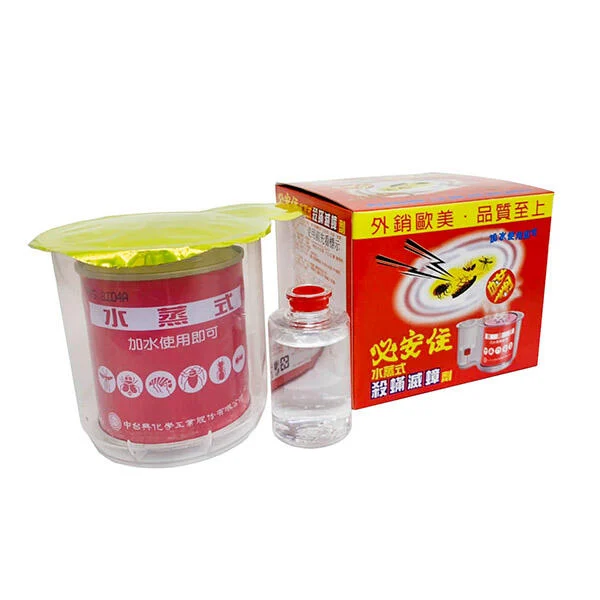
Noise
When choosing an apartment, it’s important to consider the local environment. Check if the apartment is situated near high-traffic areas, train stations, night markets, temples, or other potentially noisy locations. If you are sensitive to noise, you might want to opt for a quieter neighborhood. Keep in mind that temples often host parades and set off fireworks unexpectedly. Also, be aware of any ongoing construction or remodeling projects in the vicinity, as these can contribute to noise pollution.
Furnishing
In Taiwan, many rental apartments come furnished, which can be a convenient option if your stay is short-term. However, these furnished apartments typically come at a higher rental cost. Standard furnishings of a independent suite often include a bed, dresser, a desk and chair, a compact bathroom with a wall-mounted shower above the toilet, an air conditioning unit, and a water heater.
Example from our website: https://www.zuyou.com.tw/en/houses/yongfu-z-lab
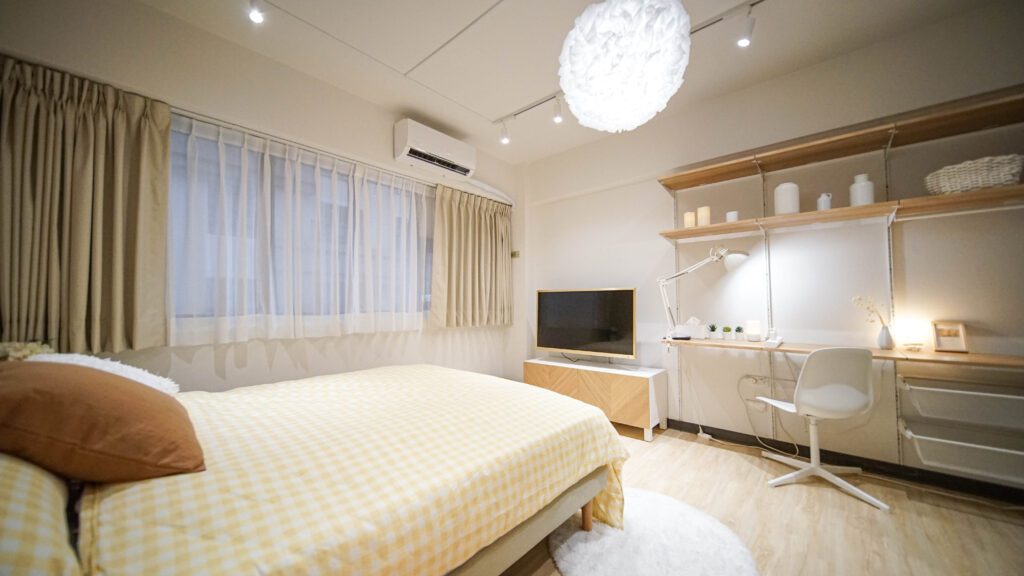
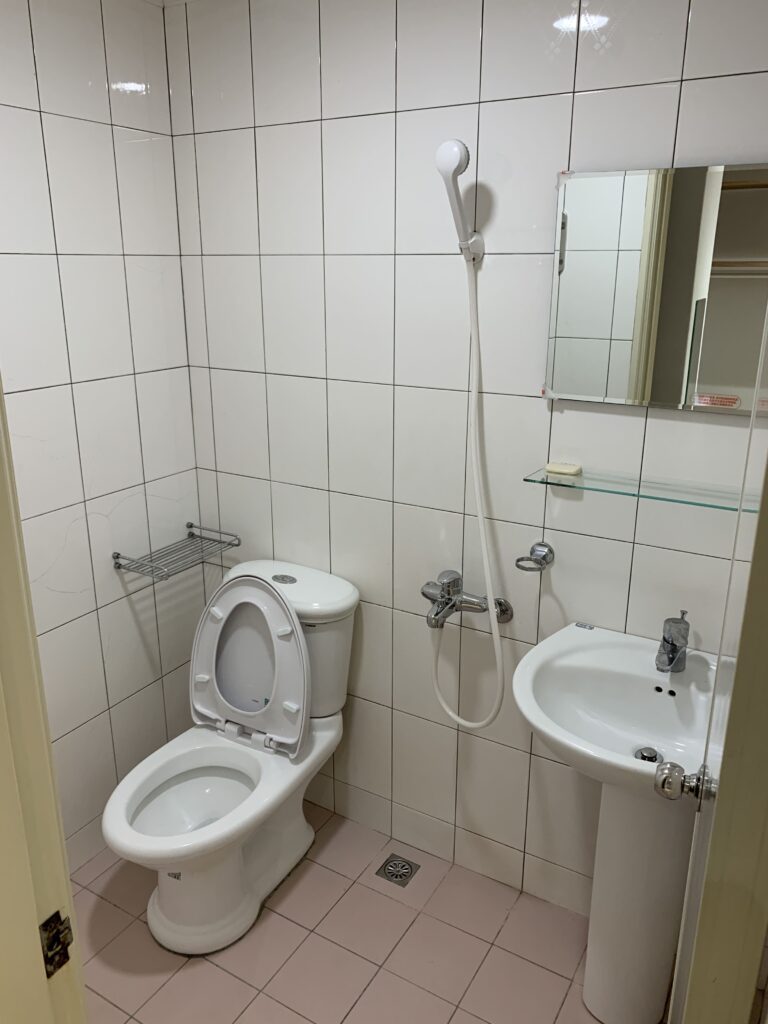
Tax deductible
While Taiwan offers a NT$120,000 tax deduction for rental expenses, most individual landlords (Over 80%) do not declare their rental income to the tax authorities. As a result, they generally prefer tenants not to claim this tax deduction. Requesting to do so might lead them to increase your rent to offset any potential tax liabilities they may incur.
Agent/Broker fees
When using a real estate agent to find a rental property in Taiwan, be aware that there will be an additional fee for their services. Typically, the fee is equivalent to half a month’s rent.
Fake posts
You will sometimes encounter fake housing listings. A red flag is when a listing lacks interior photos or appears unrealistically attractive for its price. Additionally, Taiwanese law mandates that landlords disclose if a property has a history of death or murder, as this can influence the rental price. However, some landlords may not be forthcoming with this information.
FAQ for renting in Taiwan:
Q1: What website or platform is suggested to find rental apartments in Taiwan?
English Platform:
Facebook Groups:
Chinese:
Q2: What is the typical security deposit amount for renting in Taiwan?
A: 2 months of rent as deposit is typical. It could be less but never more according to the law. This will be returned to you at the end of the contract, minus any damage repairing compensation you have caused to the apartment.
Q3: Can you rent in Taiwan month to month?
A: This is possible but not common. The norm of leasing period is 1 year. Share houses often accepts 6 months or less. FYI, Besides legalized hotels and hostels, most airbnbs are not legal.
